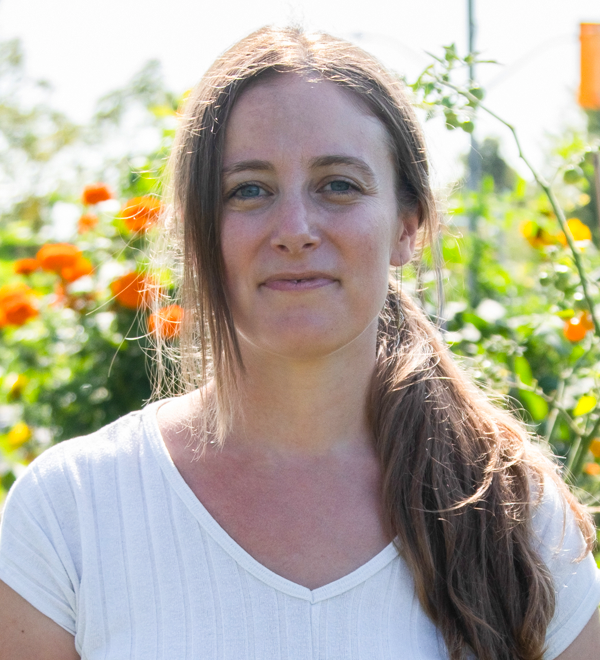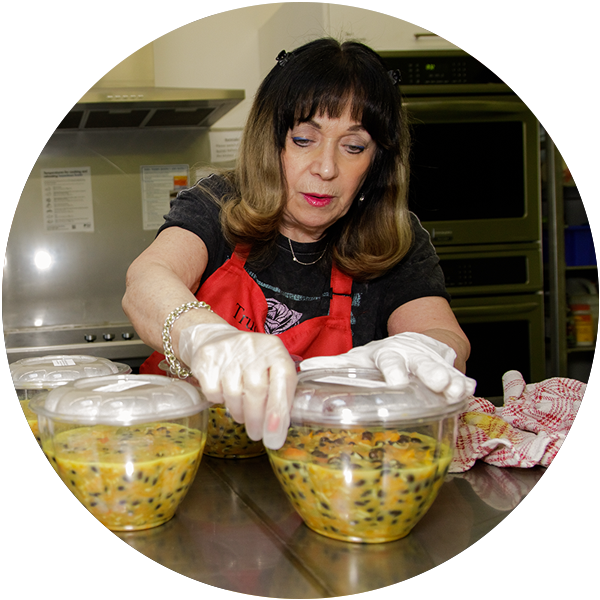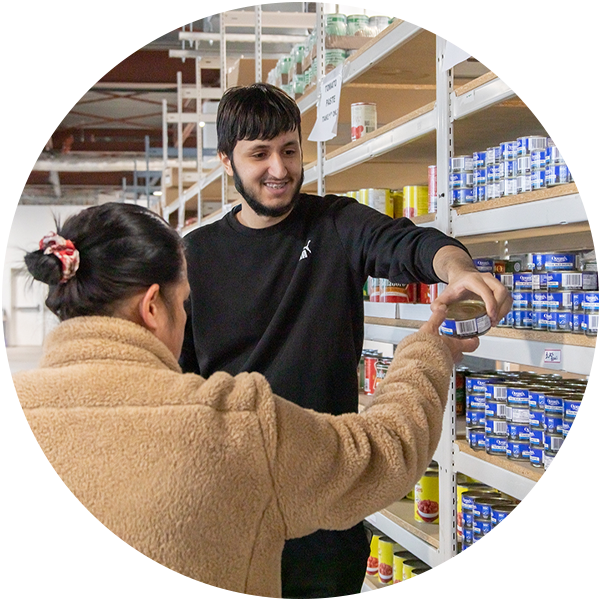We believe everyone deserves access to fresh, healthy food. No one should go hungry. That’s why we’re using every tool in our toolbox to transform our communities into places where everyone has access to culturally relevant and healthy food. Any way we can.
THE CHALLENGE
Living costs are soaring. Far too many people in our region are struggling to afford the basics. Some families have to make impossible choices between groceries, rent, transportation and childcare — choices that often mean skipping meals to get by. Poverty is the main cause of food insecurity, and it impacts some groups more than others — women, Indigenous peoples and racialized communities, people with disabilities, and recent immigrants. These challenges keep us awake at night. And drive our determination. It’s time to build a stronger GTA, where no one has to choose between dinner and rent.

51%
Food bank visits in the GTA rose by 51% in 2023

60%
of Ontario renters cut back on food so they could pay their rent

$800
A family of four could pay about $800 more for food in 2025 — roughly $66 extra each month
WE WON’T BE SATISFIED UNTIL EVERYONE HAS ENOUGH TO EAT
By investing in our network of community agencies, we support programs that address immediate food access and long-term food security. We’re working day in and day out to ensure no one goes hungry, committing our support to food banks, community gardens and program initiatives like workshops that build skills in preparing healthy, culturally appropriate meals. We’re also safeguarding essential spaces like our Community Hubs — one-stop shops for social services that anchor community grocery stores and food pantries close to home. And together with our partners, we’re driving innovative solutions, such as mobile markets that bring fresh food to underserved areas. But meeting urgent needs isn’t enough. That’s why we’ll keep advancing research, advocacy and policy efforts, working tirelessly to dismantle systemic barriers and ensure equitable access to food — not just for today, but for generations to come.


Britt, Executive Director, Ecosource (a United Way-funded organization)Residents can come together to grow the food that they want and need, rather than being reliant on what’s on the shelves in the food bank or what’s being served by a meal program. They have that agency over what’s grown and also how it’s used and shared, which we think is really, really important to people’s food security.
BUILDING A GTA FOR ALL
Building community takes community. Together, we have helped:

149,314
people access culturally relevant, local food

77,497
community members play an active role in shaping stronger local food solutions
Food banks are seeing record visits, and we can’t stand by as those numbers keep rising. With your support, we’re providing urgent relief while driving lasting solutions that help ensure everyone can put enough food on the table. Any way we can.
Learn more
May 05, 2025
“The support gives us a second chance at life”
A United Way-supported women’s program helped Piera heal from emotional abuse and support others on their journey.
May 02, 2025
Connecting people in crisis to the support they need
Akeel was in crisis. United Way helped him find the mental health supports, stability and hope he needed to thrive — any way we can.
April 30, 2025
Helping a father find housing and a healthy future
After receiving a cancer diagnosis, Boafo grappled with the news alone. Then, he found a United Way-supported agency that connected him to community, housing and the wraparound services he needed to thrive.